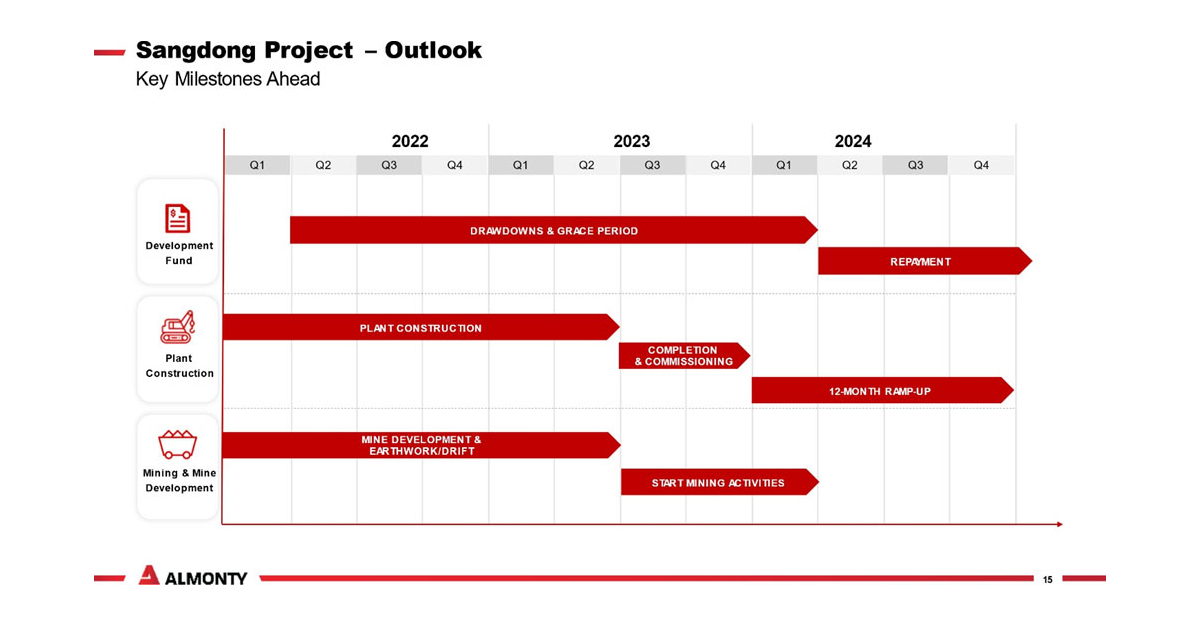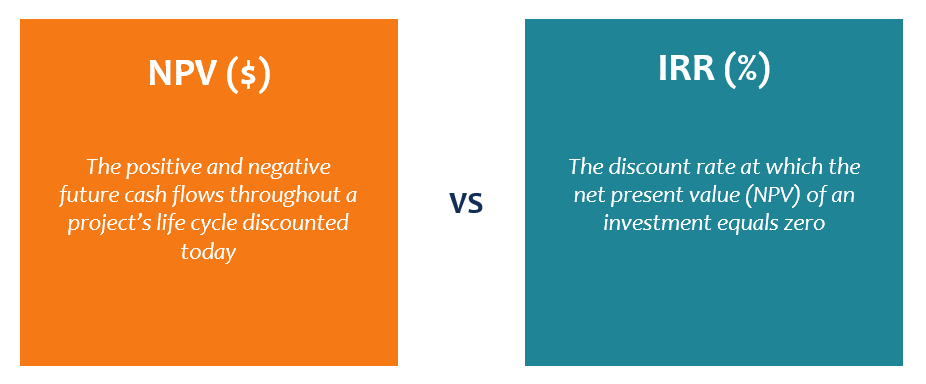A 401(k) loan is a tool you can utilize to take out cash and after that repay it in regular installments. These loans are typically interest-free. When you pay interest on them, it goes right back into your savings account, ready for you to access in the future. The drawback is that you will lose out on the return that your borrowed funds might have generated, had you left them in your account. If you default on any impressive loans, the Internal Revenue Service might decide that they are not tax-deductible, increasing your earnings tax costs. Finding a 2nd house is a challenge, particularly if you plan on buying in a location you don't understand much about.
They will have the ability to give you all the information you need Go here to make a sound decision. Inevitably, you will face unanticipated extra expenses when buying a second house or vacation home. Things like having to refurbish the home or paying a company to handle it when you're not there all eat into your returns. You might also need to pay additional insurance expenses if you rent it out. Regrettably, not everybody can afford to purchase a 2nd house upfront. The quantity that you can borrow will depend upon how much of your after-tax earnings already goes towards paying the home loan on your existing residential or commercial property.
Taxes on second homes differ from those on main houses. Once again, this can eat into your returns and trigger you financial headaches if you do not totally comprehend it. You can't, for example, deduce second-mortgage interest from your gross income. When it comes to funding your second home, for that reason, you have lots of alternatives. So long as you have sufficient wealth already, you can usually create considerable additional income from a 2nd property and enjoy it whenever you like. Related:.
If you choose to get another mortgage to pay for a 2nd home, lending institutions will look thoroughly at your debt-to-income (DTI) ratio to figure out whether you can manage 2 home loan payments. A low DTI likewise works to your benefit due to the fact that it helps you receive a lower rate Additional resources of interest on the loan. For 2nd homes, loan providers choose a DTI listed below 36%. If your DTI is high, you have several choices. You can settle more debt prior to buying another home, buy a less costly home or increase the amount of your deposit. Some lending institutions desire a deposit of 10-20% on second houses, potentially more if it's purely an financial investment residential or commercial property. First, build up all the costs. Not just the expenses that enter into the purchase, but the expenses that might not be right away obvious. These include your down payment and monthly mortgage payments, in addition to closing expenses, utilities, real estate tax, insurance, landscaping, travel costs and other maintenance. On your main home mortgage, you might be able to put just 5% down, depending upon your credit history and other factors. On a 2nd home, nevertheless, you will likely need to put down a minimum of 10%. Since a second mortgage typically adds more financial pressure for a property buyer, lenders usually search for a somewhat greater credit history on a 2nd home mortgage.
Otherwise, the procedure of requesting a second home mortgage resembles that of a main house mortgage. Just like any loan, you should do your research, talk with numerous lending institutions and select the loan that works best for you. Prior to you request a second home mortgage, evaluate your credit score, possessions and earnings, similar to a loan provider will. To purchase a 2nd house, you'll likely need additional money in reserve that might cover your mortgage payments in case you have a temporary loss of earnings. Well-qualified individuals most likely need a minimum of 2 months of reserves, while less-qualified applicants might require at least six months of reserves.

Debt-to-income (DTI) requirements for a second house mortgage might depend upon your credit rating and the size of your down payment. Generally speaking, the more you put down and the greater your credit rating, the more likely your loan provider will enable a greater DTI. Some house owners may choose to offset their expenses by leasing their villa when they're not utilizing them. Doing this might breach your home loan terms since you are using the residential or commercial property as an investment instead of a real second house, resulting in greater danger to the lender. To certify as a getaway or 2nd house, the residential or commercial property must: Be resided in by the owner for some part of the year Be a one-unit house that can be used year-round Belong only to the purchaser Not be rented, or run by a management http://sergiotqnv407.lowescouponn.com/3-simple-techniques-for-what-does-leverage-mean-in-finance firm You have a few alternatives to think about when making a down payment on your 2nd home.
If you have actually developed enough equity in your main home, a cash-out re-finance permits you to take advantage of that equity, specifically if your home has actually increased in value since you purchased it. Debtors with great credit can typically obtain approximately 80% of their home's present worth (What happened to yahoo finance portfolios). Before you go this direction, make sure you can afford the larger monthly payment you'll now owe on your main home. A HELOC, or house equity line of credit, on your main house is another popular alternative. If you have enough equity in your primary house, you can secure a credit line and utilize those funds to make a deposit on your 2nd home.

The Buzz on What Does Eps Stand For In Finance
Buying a second house might appear challenging, however if you understand what to anticipate and evaluate your finances, it could be easier than you think (What does etf stand for in finance). Keep these elements in mind as you think about whether you can afford a 2nd home, and how to get a mortgage for it.